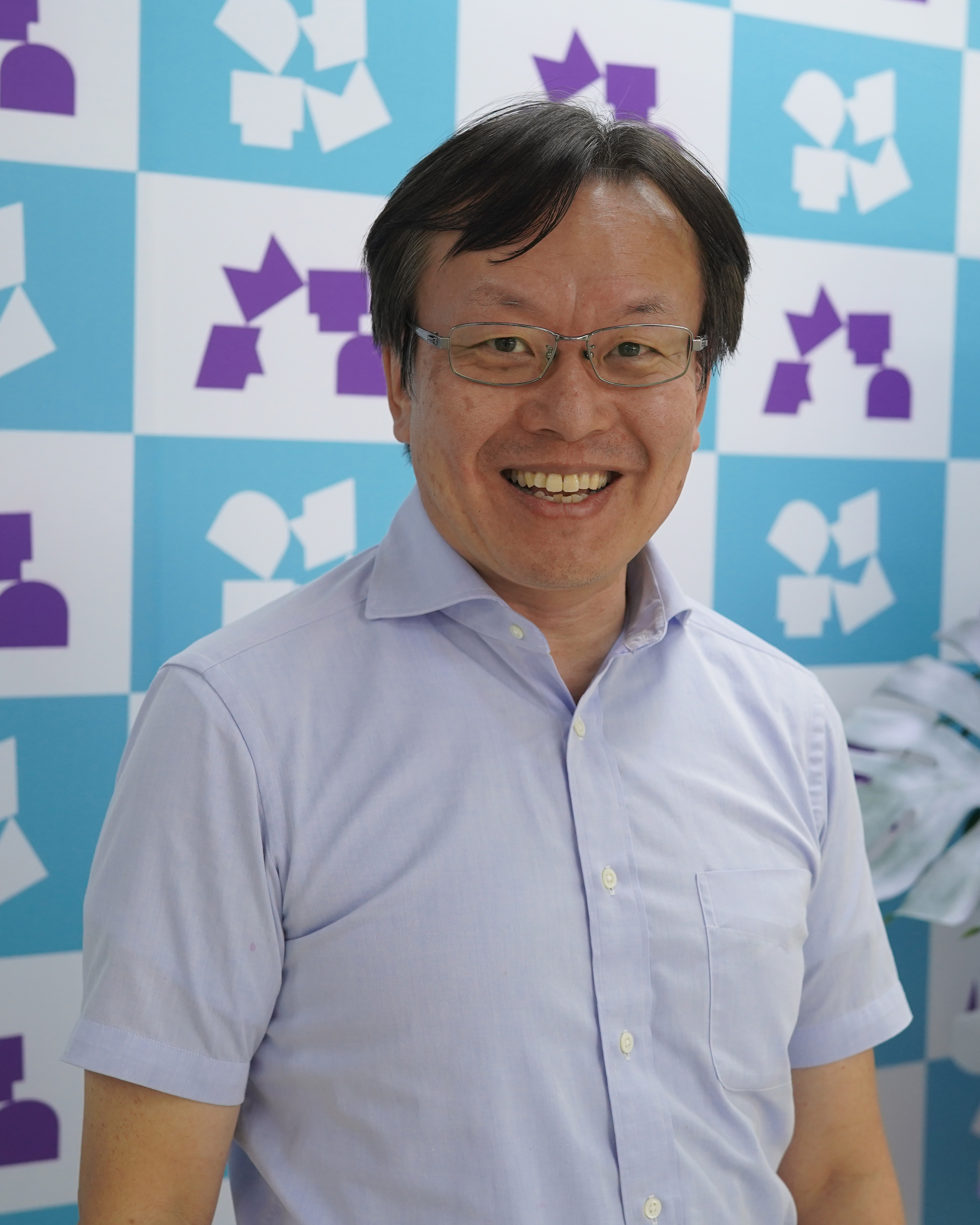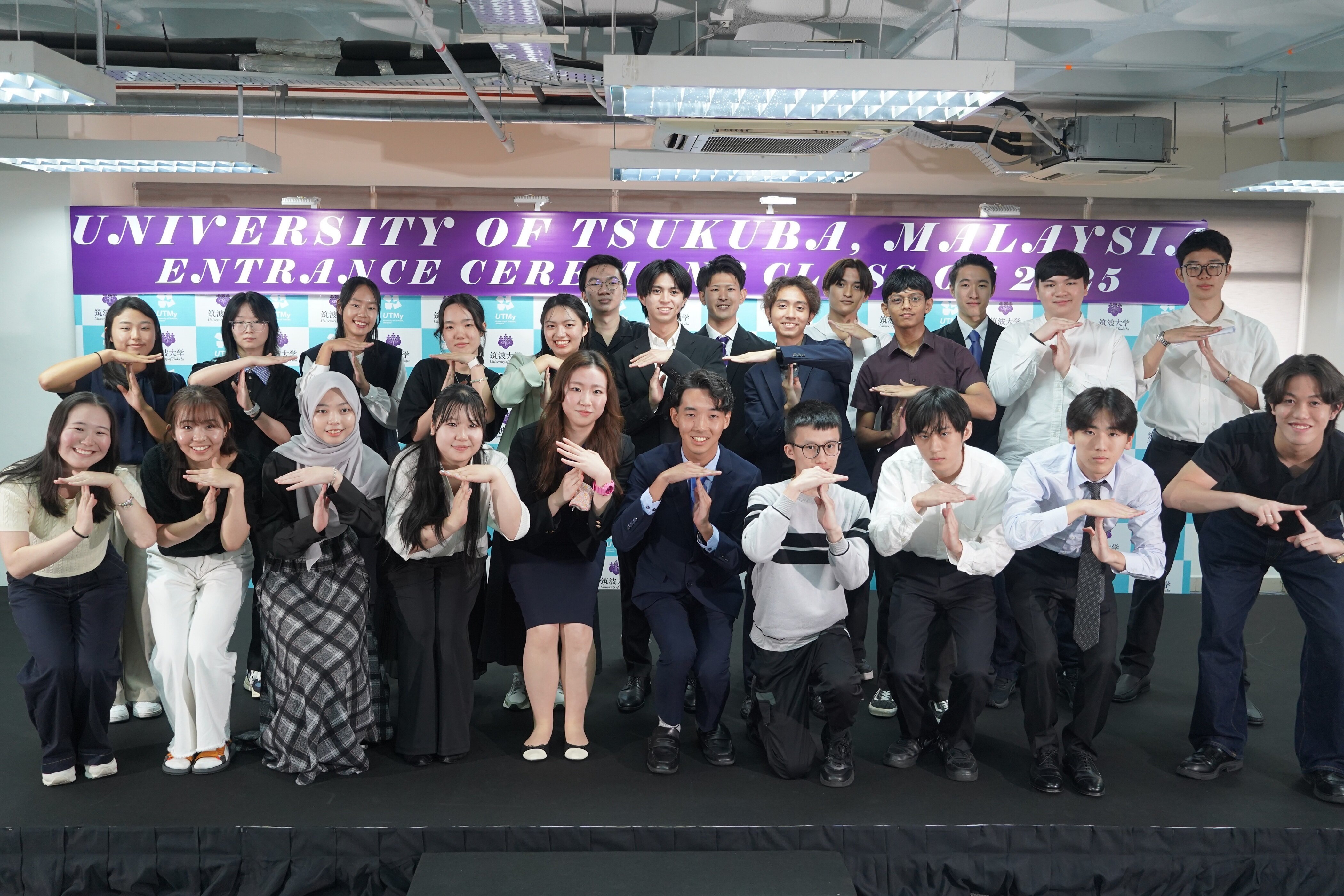The University of Tsukuba, Malaysia: The Pioneers of Transdisciplinary Education

Afterschool Team
November 12, 2025
Transdisciplinary Education: The University of Tsukuba, Malaysia (UTMy) offers a unique Problem-Based Learning (PBL) approach that encourages students to tackle complex, real-world problems from multiple academic disciplines. This transdisciplinary method prepares students to solve global challenges by working collaboratively across various fields of expertise.
Multicultural and Global Perspective: UTMy fosters a multilingual and culturally diverse environment, where students from different backgrounds engage with each other in four languages (English, Malay, Chinese, and Japanese). This international setting helps students build essential skills for global collaboration and prepares them for success in a globalised workforce.
Industry Partnerships and Career Development: With strong ties to Japanese companies and industry stakeholders, UTMy offers students hands-on experience through internships and company visits. These industry connections, combined with the university’s transdisciplinary education, equip graduates with practical skills and a competitive edge in their careers.
In September 2024, Malaysia witnessed a historical educational milestone with the opening of the University of Tsukuba, Malaysia (UTMy), Japan’s first overseas campus. This bold expansion is part of the University of Tsukuba’s vision to foster global educational collaboration. More than just a new campus, UTMy embodies an innovative approach to education: one that integrates Japanese principles with Malaysia's dynamic academic and cultural landscape. At the heart of this initiative is the School of Transdisciplinary Science and Design, which offers an educational experience designed to tackle the world's most pressing challenges through an approach that isn’t like any other.
A Vision for a New Kind of Education
UTMy was envisioned to go beyond the traditional educational paradigm in a way never seen before, not even in Japan. Through its emphasis on Problem-Based Learning (PBL) and transdisciplinary education, students are taught to solve problems that go beyond the confines of a single discipline. Dr. Maki Tsujimura, the dean of the School of Transdisciplinary Science and Design at UTMy, attests, “Our objective lies not in mastering a single discipline but in problem-solving itself. Our education specialises in addressing these problems, focusing primarily on cultivating talent useful to the global society.” This curriculum sets UTMy apart from other universities in Malaysia and ensures that students can tackle any problem, regardless of its complexity.

A Framework That Solves All
Unlike traditional teaching methods that focus solely on theory, the PBL approach emphasises practical solutions to tangible issues. But the education framework is not the only transdisciplinary aspect of this institution; students study and solve problems together in a transdisciplinary environment as well. Students work alongside peers from various academic backgrounds to approach problems from many perspectives. The PBL process also boosts students' academic presentation and programming skills, setting them on the path to success from the start of their education.
“During my first-year PBL, I addressed issues related to speed control in KL's LRT (railway) system by working with humanities students. We uncovered problems I hadn’t imagined,” Asyraf Kazuki, a UTMy student, explains. “This unique PBL, made possible only within UTMy’s diverse environment, is surely a major feature.”
This project demonstrates how complex issues are made feasible through the implementation of an intersectional framework like the PBL. The more an issue is met with transdisciplinarity, the more solutions arise. Consequently, if made the norm, the PBL will serve as a crucial tool to address the complex global challenges of tomorrow.
A Multilingual Environment for a Global Perspective
UTMy’s campus is home to a multinational student body, with students from various backgrounds contributing to a rich, multilingual environment. Ryusei Yoshida, a UTMy student, says, “The campus buzzes with four languages: English, Malay, Chinese, and Japanese, creating a fresh and stimulating environment.” This vibrant setting helps foster a sense of openness to other communities, which is integral to preparing students for a globalised world.
But the ability to communicate and collaborate across a diverse group of people is not only salient for facing the world head-on. The ample opportunities that UTMy provides for students to collaborate also help develop interpersonal skills to build a tolerant and accepting community. Through sports and group discussions, students engage with peers from all over the world. As a result, students develop the ability to navigate different value systems and work effectively in diverse teams, which is an essential skill for success in the global job market. Moreover, their perspectives and global awareness become broader, which are integral to becoming a valued member of a community.
Bringing Japanese Educational Philosophy to Malaysia
The establishment of UTMy was driven by the desire to bring Japan’s educational excellence and work ethic to Malaysia. Former Malaysian Prime Minister Dr. Mahathir Mohamad played a key role in this collaboration with Dean Dr. Maki Tsujimura, viewing UTMy as a bridge between the two nations. This educational venture not only brings Japan's academic rigour to Malaysia but also integrates local Malaysian cultural elements to create a unique learning environment. As the Dean notes, “UTMy is still in its early stages, and we are making efforts to integrate into Malaysian society through participation in education fairs and public lectures.”
While UTMy’s roots are firmly planted in Japanese educational principles, the university is committed to adapting its model to the local Malaysian context. This fusion of educational philosophies positions UTMy as an attractive choice for students who seek a truly global education.
Industry Connections and Career Development
As the only Japanese branch campus in Malaysia, UTMy proudly provides students with invaluable real-world experiences. Through their strong industry-academia partnerships with diverse stakeholders such as MUFG Bank, Alumni Look East Policy Society (ALEPS), Bridge International Asia, The Japanese Chamber of Trade & Industry, Malaysia (JACTIM), Japan Graduates’ Association of Malaysia (JAGAM), and others, students can actively participate in internships, projects, and company visits. This provides students with the opportunity to immerse themselves in the professional world.
“Internships and visits to Japanese companies provided opportunities to learn about differences in company culture and approaches compared to Malaysian firms,” says UTMy student Marin Ono, reflecting on her experiences.
The close ties between UTMy and Japanese companies offer students a unique opportunity to network with industry leaders and gain practical experience in their chosen fields. This exposure, paired with the university’s focus on transdisciplinary education, ensures that UTMy graduates are well-prepared to make an extraordinary impact in their careers.
Shaping the Future: UTMy’s Long-Term Impact
Every idea that begins at UTMy carries the spirit of discovery and purpose. As students innovate, collaborate, and dream beyond borders, they are building a legacy that connects Japan’s precision with Malaysia’s creativity. The university’s focus on global challenges and transdisciplinary education positions it as a key player in the development of Malaysia’s educational ecosystem. “UTMy aims to enhance its presence as an attractive higher education option for more Malaysians,” Dr. Tsujimura says. With a strong commitment to industry collaboration and cross-border educational exchange, UTMy is well on its way to becoming a hub for global talent and innovation.
Looking ahead, UTMy plans to strengthen its ties with Malaysia’s secondary education system to create a seamless path from high school to university. The university also anticipates further collaboration with Malaysian universities to position itself as a leader in the region’s higher education landscape.

At the core of UTMy’s appeal is the sense of possibility it offers its students. A possibility so vast and unpredictable is exactly why UTMy is the perfect place for our future leaders. With its innovative approach to education, UTMy is creating a new path for students in Malaysia and beyond, setting the stage for a brighter, more collaborative future.



